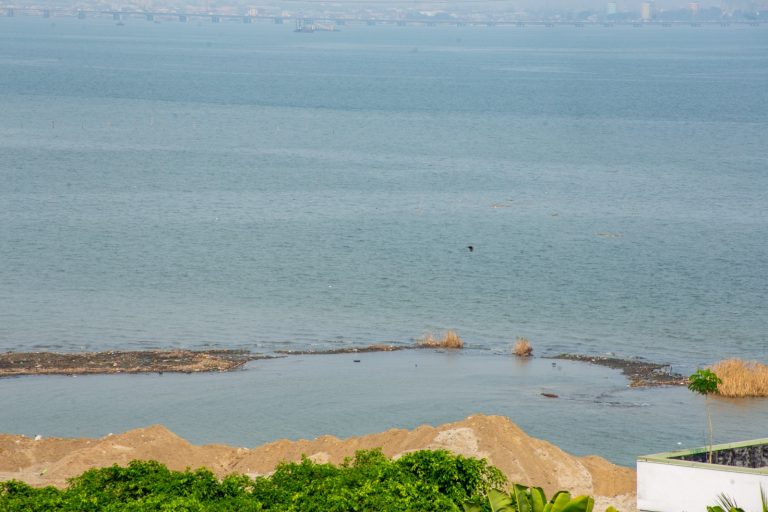_1705435431.jpeg)
Concerned residents of Ikoyi have called on the state government to rescue them from being submerged by the sea as land speculators dredge and indiscriminately sand-fill the lagoon.
The situation will aggravate the already perennial flooding in some neighbourhoods in the area, they argued.
The Coalition of Concerned Citizens of Lekki, Ikoyi and Victoria Island, called on Governor Babajide Sanwo-Olu-led administration to rescue them from being submerged by the lagoon due to the illicit activities of land speculators.

Olusegun Ladega, an architect, and representative of the group, exposed the distortion of the Lekki drainage regional master plan stressing that it was “caused by the indiscriminate sand-filling of natural waterways.”
According to him, the sand-filling of Lagos lagoons and oceans is causing coastal erosion, forcing water back to land.
The dredging activities along the lagoon shoreline are usually carried out at night, thus leading to the encroachment of the waterfronts of some Ikoyi residents and the gradual submerging of their neighbourhoods beneath the sea.

Realtors and developers are forming landmass by illegally sand-filling the Lagos lagoon and selling the land to unsuspecting affluent and sometimes influential figures.
By 2030, an estimated 108 to 116 million people in Africa will live in low-elevation coastal zones—defined as areas 10 meters or less above sea level, a figure projected to double by 2060, according to the Africa Centre for Strategic Studies, noting that in the near term, North and West Africa will be most directly affected, comprising 85 per cent of the projected 100 million population affected on the continent, though every region is threatened. Egypt and Nigeria, with high-density metropolises near the coast, are anticipated to face the greatest population disruptions.
Home to at least 20 million people and expected to be the world’s largest city “by the end of the century, Lagos, a low-lying city on Nigeria’s Atlantic coast, also experiences the triple impact of perennial fluvial (river), pluvial (rainfall), and coastal flooding.”
